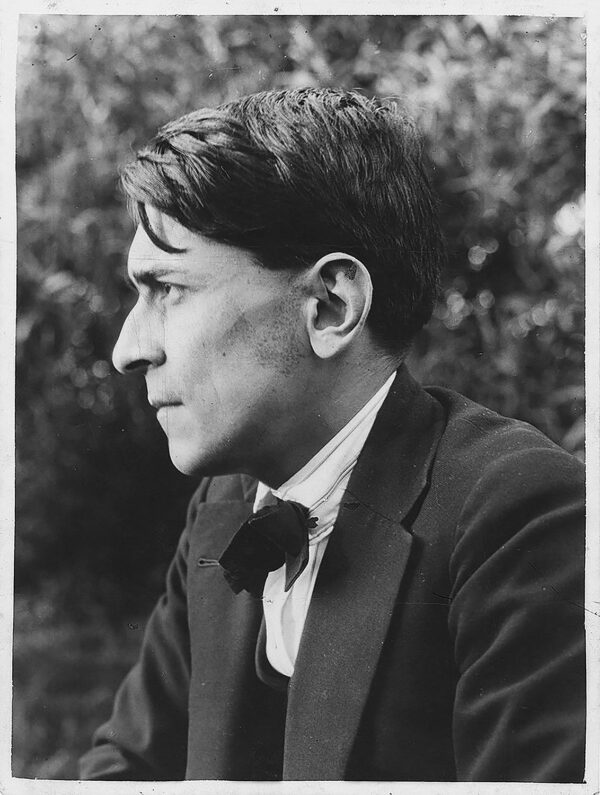DOI: 10.5281/zenodo.7970557
Download
Alejo Stark
University of Michigan (alejo@umich.edu; ORCID: 0000-0001-5783-2797)
José Carlos Mariátegui
Abstract: In what follows I will provide some elements for constructing Mariátegui’s plural spatiotemporal conception of history. I will do so by primarily focusing on the two books he published in his lifetime: The contemporary scene and Seven Interpretive Essays on Peruvian Reality. It a footnote in the Seven Essays, the reader encounters a concept that opens up the problem of plural temporality in Latin American Marxism: relativismo histórico (historical relativism). This will be the keystone concept upon which certain fragments of Mariátegui’s writings will be put together to construct the concept of plural temporality in Mariátegui. Constructing such problematic will involve taking a detour through what Mariátegui understood by relativismo (relativism). In that detour, we find that Mariátegui’s use of relativismo involves translating and assimilating the insights of one of the pillars of contemporary physics: Einstein’s theory of relativity. For Mariátegui, the relativistic theory of spacetime undermined the old “absolutes” of the positivist unilineal philosophy of history. I then argue that Mariátegui, by way of his friend and comrade Hugo Pesce, assimilates and translates the “revolutionary” theory of spacetime as a weapon against unilineal philosophy of history and as a resource to construct a concept of plural spatiotemporal concept of history. Re-situating Mariátegui along this axis puts some pressure on certain Bergsonian and Sorelian readings of Mariátegui that overemphasize the importance of Myth and of Humanity as a “metaphysical animal” and underemphasize his creative assimilation of the sciences of his time.
Keywords: Mariátegui; Plural Temporality; Latin American Marxism; Einstein; Bergson

